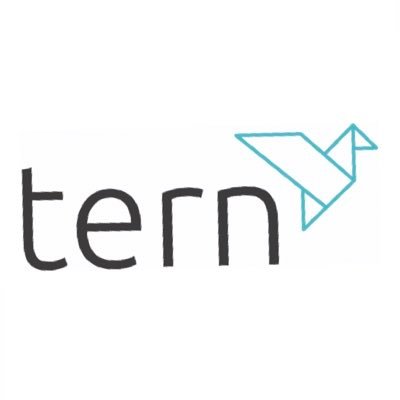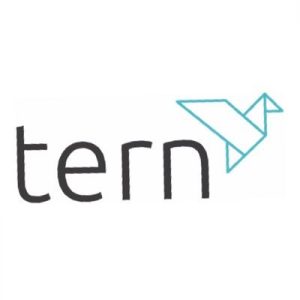Talking Medicines highlights the transformative potential of AI in the pharmaceutical sector, where innovation meets responsibility. As AI reshapes drug development and patient care, robust governance frameworks are critical to ensure these advancements remain ethical, transparent, and compliant with stringent regulations. This article explores the vital elements of AI governance in pharma, demonstrating how it safeguards patient trust while fostering groundbreaking progress.
Artificial Intelligence governance encompasses the policies, systems, and processes guiding the ethical and effective use of AI technologies. In pharmaceuticals, this ensures patient safety and data privacy are prioritised, fostering innovation aligned with societal needs. The absence of such frameworks could lead to harmful decisions, eroded trust, and ethical breaches, underscoring the indispensability of governance. Regulatory bodies like the FDA and EMA have set rigorous standards, reinforcing the necessity for a structured approach to AI deployment in healthcare.
Governance is essential in combating bias, a pervasive issue in AI-driven systems reliant on training data. In healthcare, biased algorithms could perpetuate disparities in care, compromising equity. By instituting continuous testing and evaluation, governance frameworks mitigate these risks, promoting fairness and inclusivity. Reports from organisations such as WHO advocate for governance mechanisms to address algorithmic bias proactively, ensuring all patients receive equitable care.
Transparency is another cornerstone of effective AI governance. In an industry as sensitive as healthcare, stakeholders must trust the decisions AI systems make. Governance ensures clear documentation of algorithms, their data sources, and decision-making processes, fostering accountability. Transparent systems enable patients, healthcare providers, and regulators to make informed decisions, strengthening trust in AI-powered tools like Talking Medicines’ Drug-GPT.
Patient data privacy remains a critical concern. Governance frameworks provide robust protocols to comply with privacy laws such as GDPR and HIPAA, ensuring sensitive data is managed responsibly. These measures not only protect against breaches but also reassure patients about the integrity of AI systems handling their information.
AI governance also plays a pivotal role in ensuring regulatory compliance. In the highly regulated pharmaceutical sector, adherence to laws governing drug approval and clinical trials is non-negotiable. Governance frameworks align AI systems with these requirements, minimising the risk of penalties or reputational damage while enhancing operational efficiency.
Continuous monitoring of AI systems ensures sustained performance, fairness, and compliance. AI models evolve as they process new data, and governance frameworks enable proactive detection and resolution of potential issues. This vigilance is critical in maintaining the integrity of AI systems over time, particularly in a dynamic field like pharma.
Trust, a fundamental element of healthcare, is reinforced by robust AI governance. Ethical oversight, accountability, and transparency ensure that AI systems inspire confidence among patients, healthcare professionals, and regulators. By fostering this trust, governance facilitates the seamless integration of AI innovations into the healthcare ecosystem.
Responsible AI innovation is the guiding principle for future advancements in pharma. By balancing technological progress with ethical considerations, governance frameworks enable the industry to explore AI’s full potential without compromising societal values. Initiatives like those from AI4People highlight the importance of developing AI systems that benefit all stakeholders, ensuring they remain an asset to society.
Talking Medicines exemplifies the transformative power of AI governance in pharma, leveraging tools like Drug-GPT to deliver compliant, impactful solutions. As AI adoption accelerates, the integration of robust governance frameworks will define the industry’s ability to harness these technologies responsibly, driving innovation while safeguarding against risks.
Talking Medicines specialises in AI-driven solutions that prioritise transparency, compliance, and ethical innovation, empowering healthcare organisations to navigate the complexities of this transformative technology.
Tern plc (LON:TERN) backs exciting, high growth IoT innovators in Europe. They provide support and create a genuinely collaborative environment for talented, well-motivated teams. The Talking Medicines mission is to be the World’s Gold Standard for Patient Intelligence by Medicine.


